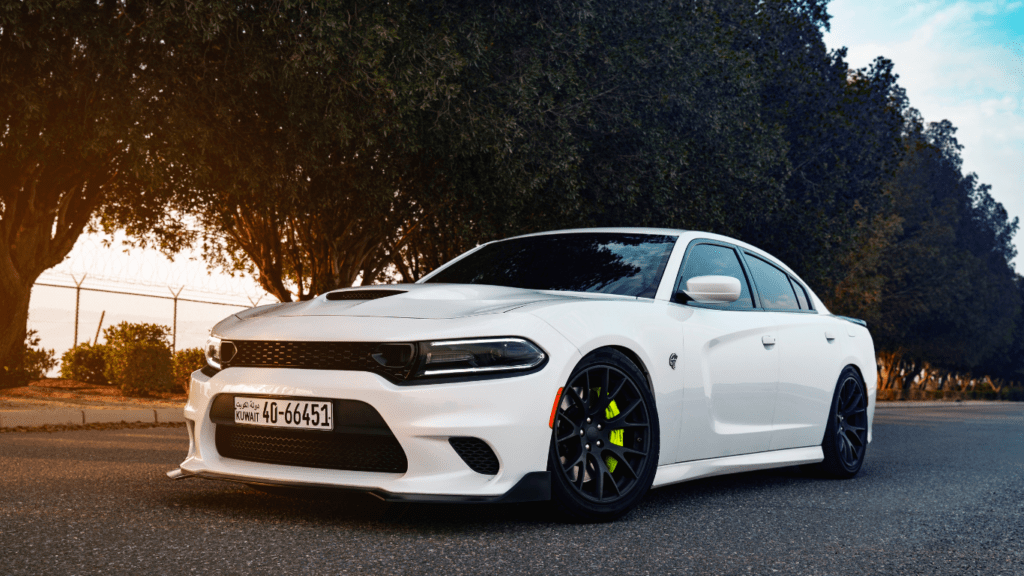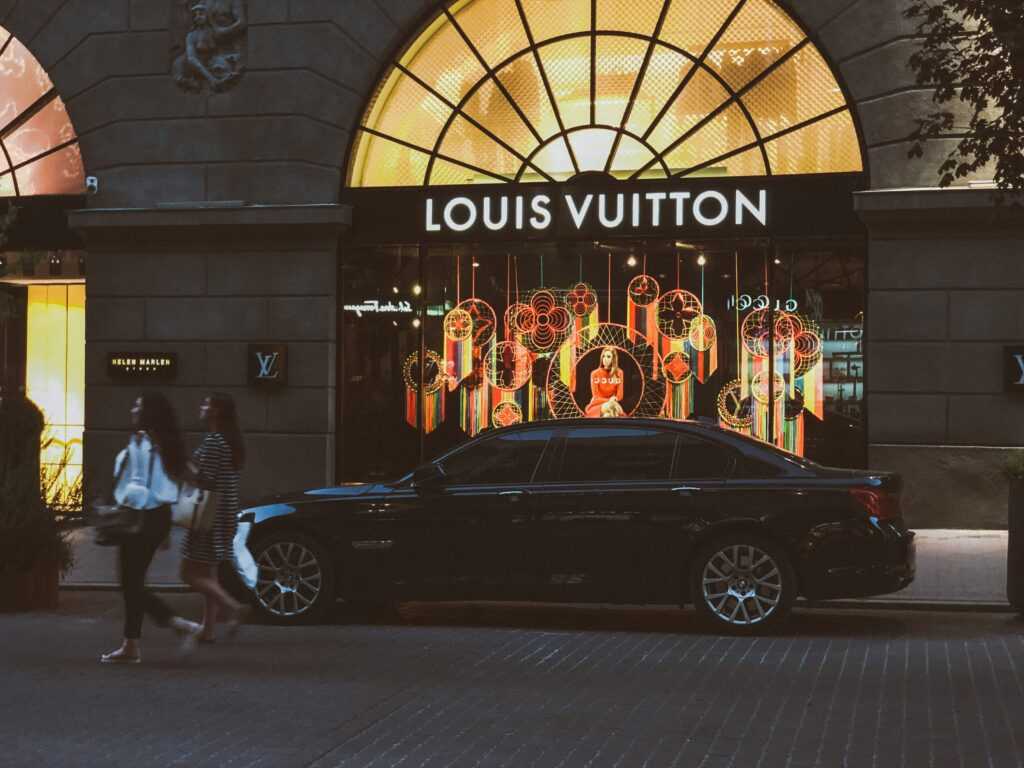Understanding Leasing and Buying
When deciding between leasing and buying a luxury car, it’s crucial to understand the fundamental differences. Each option offers distinct benefits and limitations.
Definition of Leasing
Leasing involves a contract where I can use the vehicle for a specified period, usually between 2 to 4 years, while making monthly payments. These payments cover the car’s depreciation, rental charges, taxes, and fees. At the end of the lease term, I return the vehicle to the dealership or choose to buy it at the residual value. Leasing often allows me to drive a new car more frequently without committing to ownership responsibilities.
Definition of Buying
Buying, on the other hand, means I purchase the car outright, whether through a full cash payment or financing options like loans. I become the car’s owner, granting me full control over its use, modifications, and eventual resale. Though monthly payments, if financed, might be higher than lease payments, I build equity, and once the loan’s paid off, I no longer have recurring payments related to ownership.
Financial Considerations
Understanding the financial aspects of leasing vs. buying a luxury car is essential. I’ll delve into the costs involved in each option.
Upfront Costs
Leasing generally requires a lower initial cash outlay. Costs include a down payment, first month’s payment, security deposit, and possibly fees for taxes and registration. The down payment can be minimal compared to buying a luxury car.
Buying a luxury car involves higher upfront costs. Besides the down payment, buyers often face additional expenses like:
- sales tax
- registration fees
- dealer fees
If financing, the down payment tends to be higher to reduce overall loan amounts.
Monthly Payments
Monthly payments for leasing are usually lower. Payments include depreciation, lease term interest, and additional fees, which are often less than loan payments. Lease payments are constant, providing consistency with monthly budgeting.
Buying a luxury car means higher monthly payments. Payments consist of the loan principal, interest, and sometimes insurance premiums if the loan requires it. Once the loan is paid off, monthly costs drop significantly, offering long-term financial relief.
Long-term Costs
Leasing involves recurring costs and lacks equity building. At the lease’s end, you’ll need to lease another car or buy it at its residual value, but you avoid maintenance expenses due to warranty coverage.
Buying presents great long-term value. After the loan is paid off, you’ll incur maintenance and potential repairs, but ownership eliminates monthly payments, offering overall cost savings. The car’s resale value can offset these expenses.
Assessing these financial considerations helps determine whether leasing or buying aligns with your financial strategy and long-term goals.
Depreciation and Resale Value

Depreciation and resale value play crucial roles in deciding whether to lease or buy a luxury car. Understanding these factors can guide you toward the better option for your financial and lifestyle goals.
Impact on Leasing
Leasing a luxury car saves you from worrying about significant depreciation. New vehicles lose approximately 20% of their value within the first year. Because lease payments cover the car’s depreciation during the lease term, you avoid the vehicle’s declining value beyond that period. Lease terms usually span 2 to 4 years, giving you the benefit of driving a new car without long-term depreciation concerns.
Impact on Buying
Buying a luxury car involves shouldering its depreciation, which starts immediately after purchase. While luxury cars may offer higher resale values than their non-luxury counterparts, they still experience rapid value decline. If you plan to sell after several years, remember the car will depreciate about 60% over five years. However, owning the vehicle lets you build equity, and you can potentially benefit from selling it once market demand changes favorably.
Flexibility and Commitment
Making a choice between leasing and buying a luxury car involves understanding how each option impacts flexibility and commitment. Both methods offer distinct advantages depending on individual priorities.
Lease Terms
Leasing a luxury car typically comes with set lease terms, usually ranging from 24 to 48 months. During this period, the lessee can enjoy the benefits of driving a new vehicle without worrying about its long-term depreciation. Lease agreements often include mileage limits, usually between 10,000 and 15,000 miles per year. Exceeding these limits results in additional fees. Leasing provides the flexibility of upgrading to a newer model more frequently once the lease term expires.
Ownership Freedom
Buying a luxury car, either with cash or financing, grants full ownership. This means no restrictions on mileage, customization, or usage. Once the loan is paid off, there are no further monthly payments, offering long-term financial relief. Ownership allows for potential resale, enabling the recouping of some costs and giving long-term value. While buying requires a higher initial investment and comes with concerns about depreciation, it provides ultimate freedom and control over the vehicle.
Maintenance and Repairs
Maintenance and repairs are crucial considerations when deciding between leasing and buying a luxury car. Each option has distinct advantages and responsibilities.
Lease Maintenance
Leasing a car often includes maintenance as part of the lease agreement. Many luxury car leases cover regular maintenance, such as oil changes, tire rotations, and inspections. These agreements usually cover the entire lease term, reducing unexpected repair costs. If an issue arises outside regular maintenance, the warranty often covers major repairs, as lease terms generally coincide with the manufacturer’s warranty period.
Leasing ensures minimal out-of-pocket expenses for upkeep and simplifies the overall maintenance process. Premium dealerships sometimes offer complimentary services exclusively for leaseholders to enhance customer satisfaction.
Owner Maintenance
- Owning a luxury car places full responsibility for maintenance and repairs on the owner.
- While initial warranty periods may cover significant repairs and routine maintenance, costs escalate as the vehicle ages.
- Frequent services include brake pad replacements, tire changes, and fluid top-ups, which can become expensive without coverage.
- For those owning a luxury car, upfront costs may be offset by long-term financial planning.
- Extended warranties or maintenance plans can mitigate expenses but at an additional cost.
- Ownership involves budgeting for unforeseen repairs, especially as the vehicle surpasses the warranty period, ensuring the car maintains its value and performance over time.
Tax Implications
Understanding tax implications is crucial when deciding between leasing and buying a luxury car.
Leasing
Leasing offers tax benefits, especially for business use. Monthly lease payments are generally deductible if the vehicle is used for business purposes, reducing taxable income. According to IRS guidelines, owners can deduct these expenses under the standard mileage rate or actual expense method. My business finds this relevant since it can lower our overall tax burden.
Buying
Buying also provides tax advantages, though they differ from leasing. Buyers can deduct the interest on auto loans and depreciation as business expenses. According to IRS Section 179, businesses can claim up to $1,050,000 (for 2023) in depreciation, with certain limits. This option suits those planning to keep the vehicle long-term and looking for significant tax write-offs.
Sales Tax
Sales tax varies between leasing and buying. In leasing, taxes are usually applied to monthly payments, spreading the cost over the lease term. Conversely, when buying, sales tax is paid upfront based on the vehicle’s total purchase price. This can result in higher initial costs for buyers. Evaluating sales tax implications helps determine the best option for financial planning.
Personal Use
Personal use affects tax benefits. If the vehicle is primarily for personal use, neither leasing nor buying provides substantial tax deductions. The IRS restricts deductions to business-related expenses, so personal vehicle use doesn’t qualify for tax write-offs.
Residual Value
Residual value impacts taxes in leasing. A higher residual value means lower lease payments, leading to reduced deductible expenses. Conversely, a lower residual value increases lease payments but allows for higher tax deductions. Balancing residual value and tax benefits aids in optimizing financial outcomes when leasing a luxury car.
Understanding these tax implications helps tailor the decision to individual financial situations, maximizing potential benefits whether leasing or buying a luxury car.



 Head of Automotive Insights
Head of Automotive Insights
